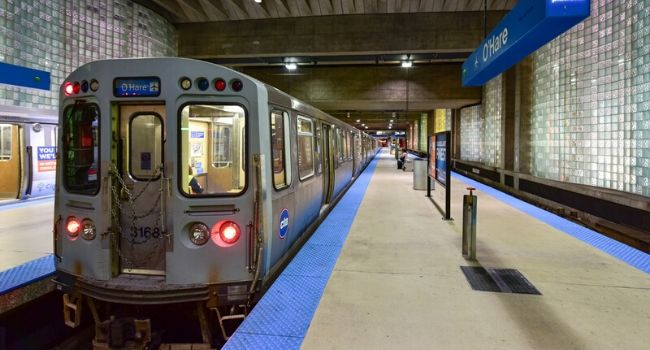
Lawmakers Warn Cities to Stop Contracting Chinese Companies To Build Transit Systems
Despite concerns about Chinese manufacturers having access to U.S. transportation data, cities continue to move ahead with plans to partner with state-owned companies.
- By Haley Samsel
- Mar 09, 2020
Both Republican and Democratic lawmakers are concerned about the continued partnerships between American cities and Chinese companies to build transit systems, including rail cars and buses.
Those anxieties were aired at a Thursday Senate Banking Committee hearing on the threats posed by state-owned and operated transportation services. Two Chinese companies in particular, the railcar manufacturer China Railway Rolling Stock Corporation (CRRC) and bus and electric battery manufacturer Build Your Dreams (BYD), were the focus of much criticism about the potential security threats to transportation system data.
“The potential for an adversarial state actor to monitor the movements of American citizens, hack personal or government-issued devices, and collect intelligence on our military is a major security concern,” Sen. John Cornyn (R-Texas) said at the hearing, according to The Hill.
Last December, Cornyn was at the center of an effort to ban states or cities from using federal funds to buy passenger rail cars or buses from state-owned or controlled manufacturers. While the bill was signed into law as part of the 2020 National Defense Authorization Act, the law will not go into effect for two years, The Hill reported.
“Unfortunately, special interests were able to demand a two-year enforcement delay of some of this legislation’s critical components,” Cornyn said. “I am here today to ask for your help in ensuring this delay does not turn into a window the Chinese Communist Party and its state-controlled companies can further exploit.”
Cybersecurity and national security officials have expressed similar concerns about Huawei, TikTok and other Chinese companies, which are required by a Chinese law to participate in the country’s intelligence work and disclose sensitive data if asked.
However, many cities -- including Los Angeles, Chicago, Boston and Philadelphia -- are moving ahead with plans to buy from CRRC, the world’s largest manufacturer of metro rail cars. New York’s transit authority said in 2018 that the company had won its bid to build new railcars, offering $50 million of its own money.
A similarly low bid allowed CRRC to win the contest to build railcars for Chicago’s transit system. Sen. Sherrod Brown (D-Ohio) said Chinese subsidies give CRRC and BYD an unfair advantage.
“CRRC and BYD are two in a long line of examples of how China cheats its way ... into being a global leader into industry after industry,” Brown said. “Congress still needs to fully assess the risk associated with data of our transportation system being exposed to foreign actors.”
The two-year delay is not in effect for the Washington Metropolitan Area Transit Authority (WMATA), which is banned from accepting bids from CRRC to build its railcars.
For its part, CRRC has said that once the railcars are built and delivered to the transit agencies, the company does not have control over the transportation data. “CRRC is very dedicated and very supportive of the fact that there will be security measures, safety measures and transit agencies will want to be satisfied before they accept a car,” chief legal counsel Marina Popovic told The Hill last year.
Cities must be aware of the potential threats posed by Chinese technology and that the low-balling bids are not worth the security challenges, lawmakers said on Thursday.
“Allowing American trains and buses to become Trojan horses for these technologies on American soil is unacceptable,” Cornyn said.
About the Author
Haley Samsel is an Associate Content Editor for the Infrastructure Solutions Group at 1105 Media.